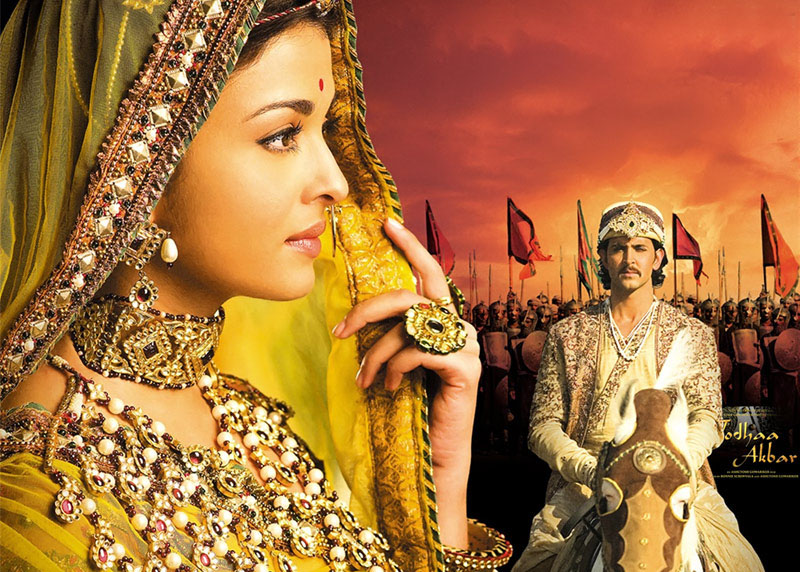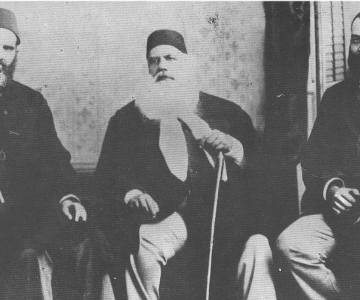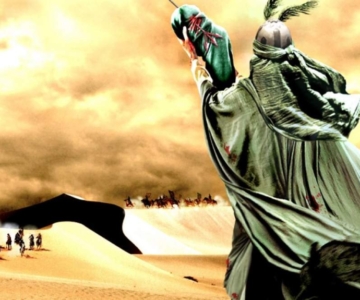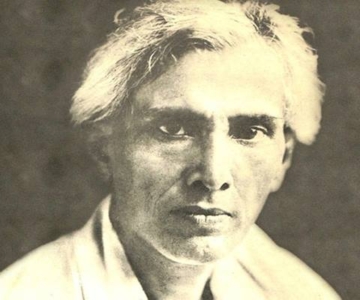My blogger friend, Manasvi wrote this reviewof Jodha Akbar and I am glad that the film is good.
Jodha Akbar brings to cinema an epic love story that even if imagined is just too wonderful.
There have been controversies about the fact that recorded history has little evidence on the character of Jodha Bai. My simple question is: what about the oral histories of the subcontinent. Why must we always remain beholden to court historians and foreign travellers – why not respect what generations have believed over time?
Well, the truth is that the film invokes the secular nature of Mughal rule and the amicable relations they enjoyed with the Rajputs and the common reverence for the Sufi saints that both the communities practised. A friend from Delhi also mentioned that unlike most films, this one dealt with a Hindu woman (as opposed to the usual Hindu man and Muslim woman stereotype) and this led to some discomfort for the shudh ‘puritans’. Well, well what can one say about that.
Our past had amazing examples at the top and our present has Narendara Modi in Gandhi-land and Baitullah Masud where Buddhism flourished and lit the world!
And the protestsare so unnecessary – it’s a film after all! Also read the film-maker’s interview.
Coming back to Manasvi’s review:
“We’ve all studied about Jodha Bai and Akbar in our history textbooks but we have never known it as a love story. But even after watching Jodha-Akbar and getting completely awed by the scale, I still don’t see it as a love story. Jodha-Akbar for me was a great cinematic experience and a good historical film.”
Read the full review here
Update: Apparently, the enthusiasm is not shared by my friend Cubano who just left a comprehensive comment here – I will quote this paragraph here:
“…. Muslims were portrayed as totally narrow minded and malevolent throughout the film. The only positive Muslim characters that I noticed were Akbar and his mother. The rest seemed to be extremely discriminatory towards non-Muslims and bent upon the destruction of Hindu Kingdoms. If they weren’t trying to conquer and kill Hindus then they were plotting against each other. I thought that large parts of the film were based on fiction with little regard for history. There were also some inaccuracies that were humorous such as the qawwali sung by whirling dervishes. It was strange because qawwali is associated with the subcontinent but the qawwals were wearing clothes typically worn by the Mevlevis and they also performed the whirling dhikr as part of the qawwali.”



